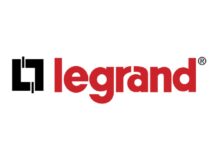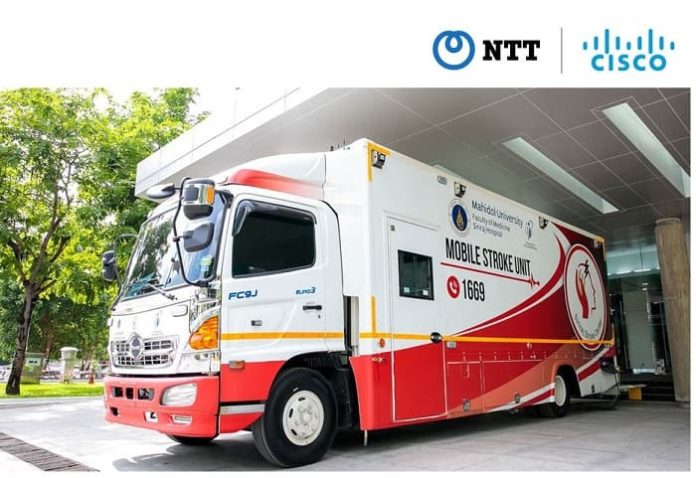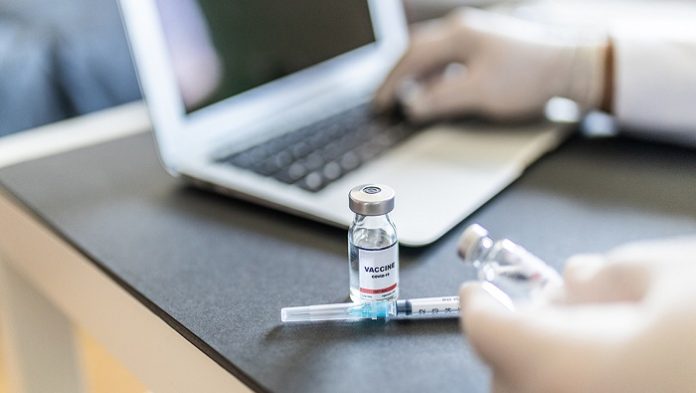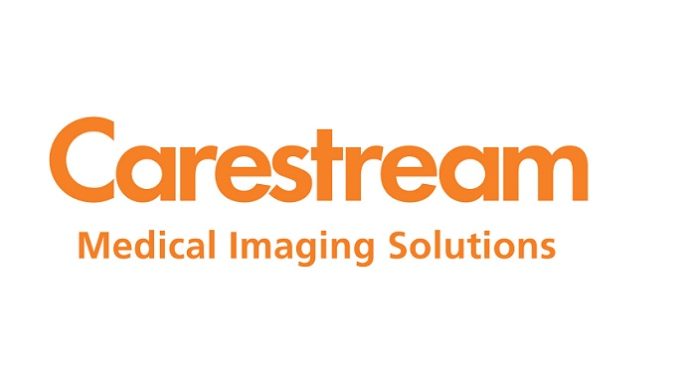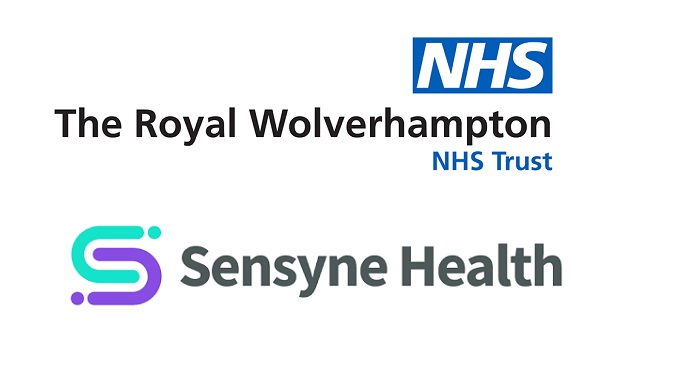Global technology services provider companies NTT and Cisco has partnered with Siriraj Hospital, Thailand’s biggest public hospital to use telemedicine to enable rapid treatment for stroke patients.
Known as the Siriraj Mobile Stroke Unit, this special ambulance connects the first responders in the ambulance to the experts at the hospital. This allows doctors to provide immediate attention, medical treatment, and diagnosis to patients during their transfer to the hospital. In service since 2018, the Siriraj Mobile Stroke Unit has helped 380 stroke patients receive emergency medical treatment in Thailand so far.
Equipped with Medical Image Transfer with a high-speed multicellular router and essential medical equipment such as CT scanner, the Mobile Stroke Unit facilitates the medical team to scan the patient’s brain and send high-resolution images from the ambulance to the doctors for rapid diagnosis.
Cisco Telepresence video conferencing system was integrated to enable doctors to fully assess the patient’s condition and provide remote advice to the first responders allowing them to prepare the best treatment possible. Cisco WebEx on the other hand, facilitates the mobile and hospital-based teams to collaborate and work seamlessly for the optimal outcome.
Last December, Huawei (Thailand) and Faculty of Medicine, Siriraj Hospital, under Mahidol University, signed the 5G Powered Smart Hospital Enabled with Cloud and AI Memorandum of Understanding (MoU) to establish a smart platform that will enhance innovative medical services, Healthcare IT News reported. Siriraj Hospital is also the first hospital in Southeast Asia to deploy two NVIDIA DGX A100 systems for medical research and clinical applications.
Dr Prasit Watanapa, Dean of the Faculty of Medicine, Siriraj Hospital Mahidol University said, “Siriraj Mobile Stroke Unit demonstrates how technology is transforming healthcare. With a more stable and reliable communication system, our doctors can now have quicker access to accurate information such as brain scan images to make quality diagnosis and improve patient treatment.”
“NTT believes in using technology for good and we are honored to help Siriraj Hospital provide better care to patients. We understand the importance of timely treatments in stroke patients, which can sometimes be difficult with Bangkok’s frequent traffic congestions. We have already installed these technologies in the first mobile stroke unit and are set to extend Siriraj Hospital’s fleet of mobile stroke units by five this year,” said Sutas Kongdumrongkiat, CEO of NTT Ltd. in Thailand.
Taveewat Chantaraseno Country Manager (interim), Thailand and Indochina Cisco Systems (Thailand) added, “We are proud to have a joint partnership with NTT which makes the best use of remote telemedicine technology to provide first-class care for the Siriraj Mobile Stroke Unit. Through this partnership, we will offer a new way to help stroke patients receive emergency medical care when time is of the essence for their recovery. This will help give patients a greater opportunity to recover and return to their normal lives.”













